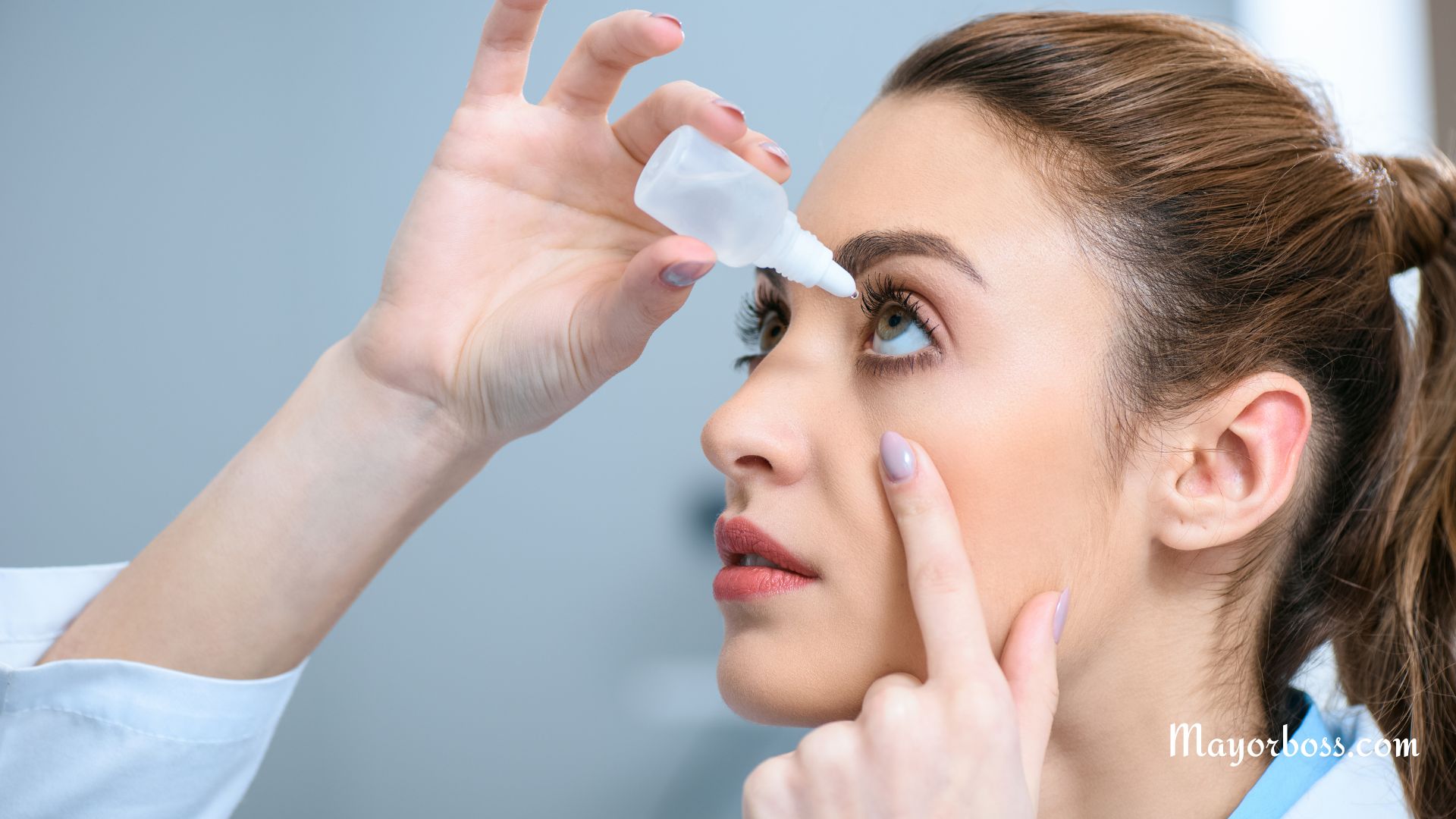What It Signifies When Your Eyes Water While Reading
Have you ever found yourself deeply engrossed in a book, only to realize your eyes are watering? You’re not alone! This seemingly odd phenomenon is actually more common than you might think, and it’s not just about being moved by a touching storyline. Keep reading to learn about the why behind those watery eyes while you’re reading.

Why Do Your Eyes Water While Reading?
The Blink Effect
First off, let’s talk about blinking. When you’re reading, your blink rate goes down. Normally, you blink about 15 times per minute, but while reading, this can decrease by half or more. Blinking is essential for spreading tears evenly across the surface of your eyes, keeping them moist and clear of irritants. Less blinking? Less tear spread, leading to dry spots on your eyes. What is your body’s response to this dryness? Produce more tears!
Strain
Eye strain plays a big role, too. Intense focus on text, especially if it’s small or if you’re reading in poor light, can strain your eyes. This strain can trigger your tear glands as a protective response, leading to watery eyes. It’s your eyes’ way of saying, “Give me a break!”
The Air Around You
The environment where you’re reading can be a tear trigger. Dry air, whether from air conditioning in the summer or heating in the winter, can sap moisture from your eyes. This dryness signals your eyes to produce more tears, hence the waterworks.
Allergens and Irritants
Allergens like dust, pollen, or pet dander, often unnoticed, can accumulate on your book or reading device. When your eyes are exposed to these allergens, they can become irritated, leading to increased tear production.
Screen Time and Digital Eye Strain
If you’re reading on a screen, digital eye strain could be the cause. Screens emit blue light, which can be harsh on the eyes over long periods. The less natural blink rate combined with the effects of blue light can lead to watery eyes.
Health Conditions: When to Pay Attention
In some cases, watery eyes while reading can indicate underlying health issues, such as dry eye syndrome, eye allergies, or infections like conjunctivitis. If watering is persistent and accompanied by other symptoms like redness, itchiness, or discharge, it’s a good idea to consult an eye specialist.
What You Can Do: Simple Solutions
Blink Breaks: Keeping It Moist
Make a conscious effort to blink more often while reading. You can even set a timer as a reminder to take brief breaks, look away from the page or screen, and blink.
Lighting and Environment: Setting the Scene
Adjust your reading environment. Ensure you have good, indirect lighting. If you’re reading electronically, lower the brightness or use a blue light filter. Also, consider using a humidifier if your indoor air is dry.
Eye Care Essentials: A Healthier View
If you’re experiencing frequent eye-watering, it might be worth exploring eye drops or discussing other options with an eye care professional.
Screen Alternatives: Old-School Charm
If digital devices are the culprit, consider switching to paper books or e-readers designed to reduce eye strain.
